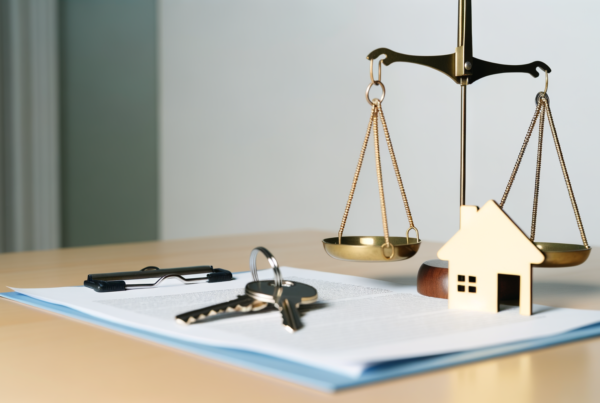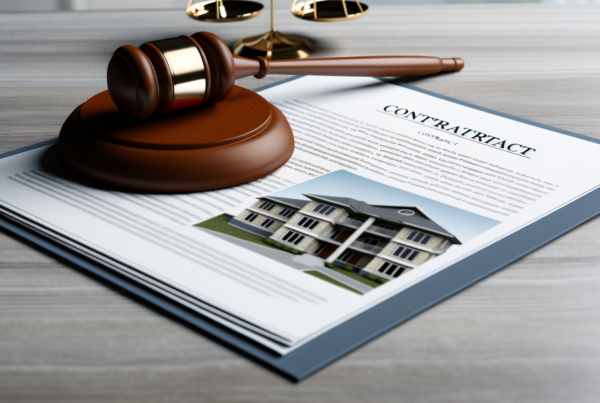Negotiating a commercial real estate lease in Florida can be a daunting task, yet it is an essential skill for business owners and investors looking to secure favorable terms for their operations. Understanding the specific components of a lease and the regional market dynamics can give you a strategic advantage during negotiations. In this article, we will explore key considerations such as recognizing the lease structure, understanding the local market trends, identifying essential terms to negotiate, and leveraging professional assistance. By mastering these elements, you’ll be better equipped to navigate the complexities of commercial real estate leasing, ultimately securing a deal that meets your business needs while safeguarding your financial interests.
Understanding the Lease Structure
Before entering into negotiations, it is imperative to comprehend the common types of commercial leases. In Florida, you’ll typically encounter the following structures:
- Gross Lease: The tenant pays a single rent amount including all expenses.
- Net Lease: The tenant pays base rent plus some or all of the property’s operating expenses.
- Modified Gross Lease: A combination where some expenses are shared between the landlord and tenant.
Being well-versed in these lease types helps you identify which structure aligns best with your business strategy and financial capabilities. This understanding will form the foundation for solid negotiations, as you can advocate for the lease type that mitigates your financial risk most effectively.
Market Trends and Property Value
Proficiency in the current market trends is crucial when negotiating. Florida’s commercial real estate market is influenced by a variety of factors, including economic conditions, location, and property types. Conducting market research will enable you to:
- Determine fair market rates for similar properties.
- Analyze vacancy rates and rental demand in your desired area.
- Understand future developments that may affect property values.
Knowing these market dynamics empowers you to negotiate lease terms that not only align with current market conditions but also consider long-term growth. This positions you as a knowledgeable tenant who is prepared to make informed decisions.
Essential Terms to Negotiate
Identifying key lease terms is essential for securing an advantageous contract. Here are critical items to address during negotiations:
- Rent Increases: Negotiate on how and when rental increases will occur to avoid unforeseen costs.
- Maintenance Responsibilities: Clearly define who handles maintenance to prevent unexpected service charges.
- Termination Clauses: Ensure that the lease includes terms that allow for flexibility in case of business needs changing.
Successful negotiations are about balancing your interests with the landlord’s expectations. By addressing these essential terms, you effectively create a lease that supports your objectives while providing a fair framework for both parties.
Leveraging Professional Assistance
Utilizing professional assistance can significantly enhance your negotiation outcomes. Consider enlisting the help of a commercial real estate broker or attorney who specializes in Florida leases. Their expertise can be invaluable for the following reasons:
- Providing insight into the local market.
- Assisting in the understanding of complex lease language.
- Negotiating deal points effectively to represent your interests.
Partnering with professionals not only saves time but also reduces the risk of overlooking critical details that could adversely impact your business in the long run.
In conclusion, successfully negotiating a commercial real estate lease in Florida requires a strategic approach that encompasses the nuances of lease structures, in-depth market analysis, negotiation of essential terms, and utilizing professional assistance. Understanding the lease structures empowers you to make informed decisions, while knowledge of market dynamics ensures that you advocate for fair terms. By negotiating crucial lease elements and seeking expert guidance, you can create a lease agreement that safeguards your financial interests and supports your business goals. With the right preparation and resources, you can navigate the complexities of commercial real estate leasing and achieve a successful outcome that aligns with your vision.




